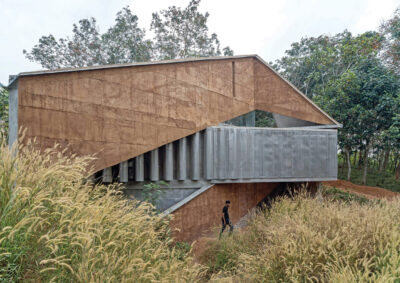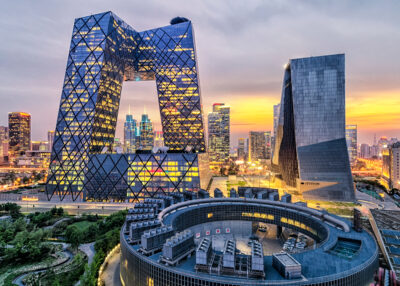Hotel franchising gains traction in Asia as Thailand leads adoption of business model
Franchising is a common model used in North America and Europe, even Japan

Hotel franchising is a distinct model that allows business owners to use a renowned franchisor’s brand name, alongside its operational support tools and reservation system for a fee, according to Catala Consulting.
With the franchising model, hoteliers can benefit from the distribution and abundance of resources by joining up with a bigger, more well-known hotel group or firm, reported Hotelier India. While maintaining daily operational management, owners can also look at hotel operational costs and profitability with a more optimistic and successful attitude.
Recognising the benefits that this business model can deliver to the region, C9 HotelWorks and Hilton organised The Hotel Franchise Session last 30 August 2022 at the Waldorf Astoria. Bill Barnett, who served as the host during the event, is the founder and managing director of C9 Hotelworks, as well as the chairperson of the PropertyGuru Asia Property Awards (Greater Niseko) judges.
Though franchising has been widely used in North America, Europe, and Japan, the session aims to communicate that hoteliers in the region must take note of this increasingly attractive and important business model as they navigate the aftermath of the pandemic.
In the region, Thailand is set to become the perfect location to introduce hotel franchises. “COVID accelerated many trends that have been coming to Thailand anyway. As many Thai hotel owners are astute operators, the conversion to franchising is a logical progression as Asian markets mature,” said Barnett.
With a strong portfolio of 18 brands that potential owners can find attractive and competitive, Hilton is paving the way for this model in the region. “Increasingly, there are more owners in APAC who appreciate the benefits of franchising in the hotel space, can tap on an increasing and experienced talent pool in region to manage franchised hotels, and want franchising as an option,” shared Guy Phillips, the SVP Development Asia & Australasia at Hilton.
More: Hotel investment in the Asia Pacific region go up 33% in H1 2022
Tom S’prayoon, chief executive officer of PCL Hospitality Co., Ltd and one of the speakers, cited three reasons why franchising has only just started to pick up steam in the region: the scarcity of professional hoteliers, the lack of qualified third-party operators (TPOs), and the laws and regulations.
Even though Thailand has been known for its hospitality industry for a long time now, S’prayoon said that several independent hotels have been operating without standards. “Thus, international hotel operators are concerned over their brand image, which will be jeopardised if the hotel does not perform well,” he added.
Meanwhile, authorised TPOs are crucial to the business model since most international hotel brands/operators rely on them to support franchising owners. To be considered a professional TPO, the operator must employ a property team to support each of its managed properties, offer checks and balances, and provide owners with cost-saving solutions from clustered services to manage their properties.
And since most countries in the region have yet to implement regulations to support franchising, most international hotel brands have been reluctant to deploy this model. “Good news is, the regulations for some countries like Thailand are changing to support the franchising model hence, the industry will see more deals sign under franchising model,” shared S’prayoon.
Though the region has yet to catch up, Thailand is opening the hospitality sector’s doors for more lucrative opportunities in the region.
The Property Report editors wrote this article. For more information, email: [email protected].
Recommended
Meet the vagabond architect behind India’s housing scene
Vinu Daniel is helping to shake up India’s home building setting
Where Asian real estate stands in a fragmented, warmer world
Asia’s real estate industry faces many and varied challenges as external factors continue to bite
6 sights to see in Singapore’s Marine Parade
Handily located Marine Parade has emerged as a vibrant investment choice in the Lion City
There’s a township dedicated to health and wellness in Malaysia
Property seekers have their health needs catered for at KL Wellness City








